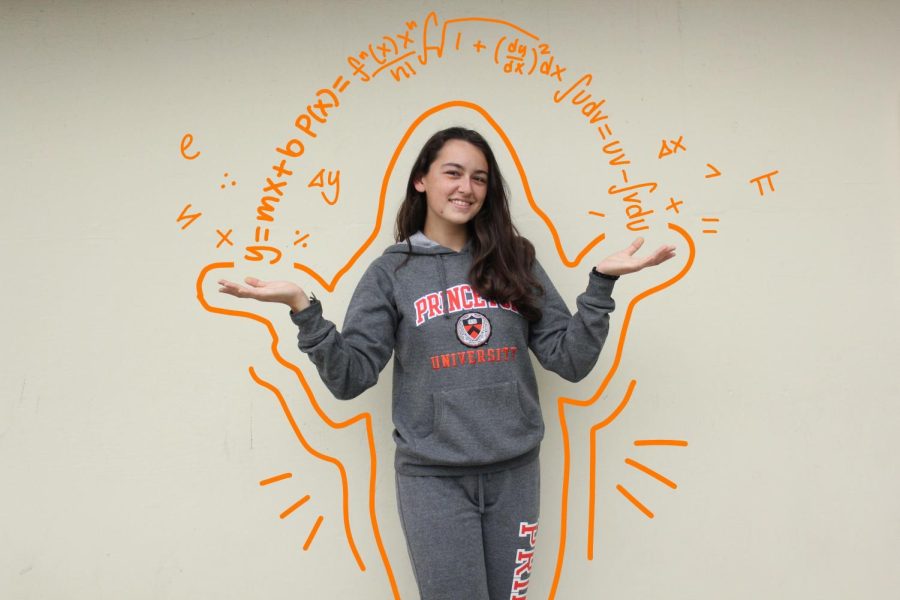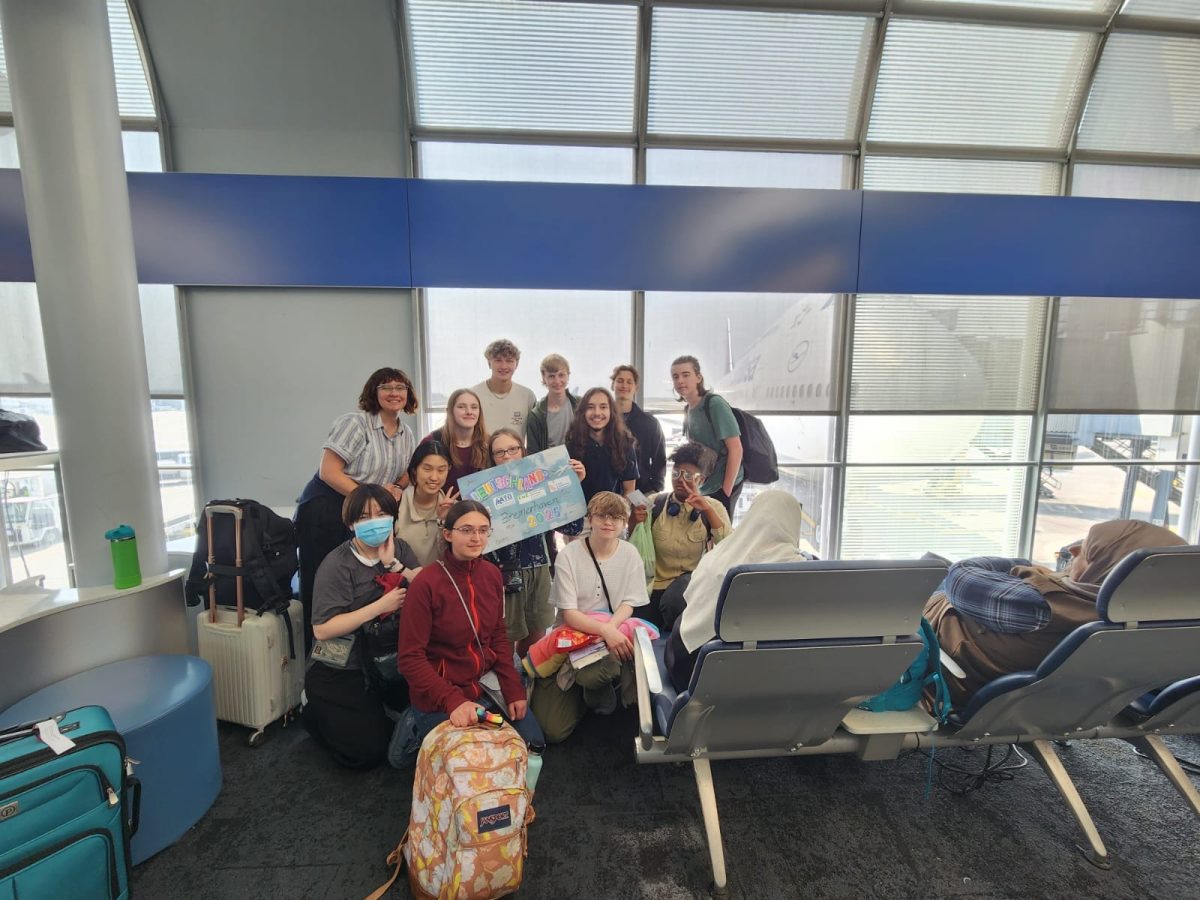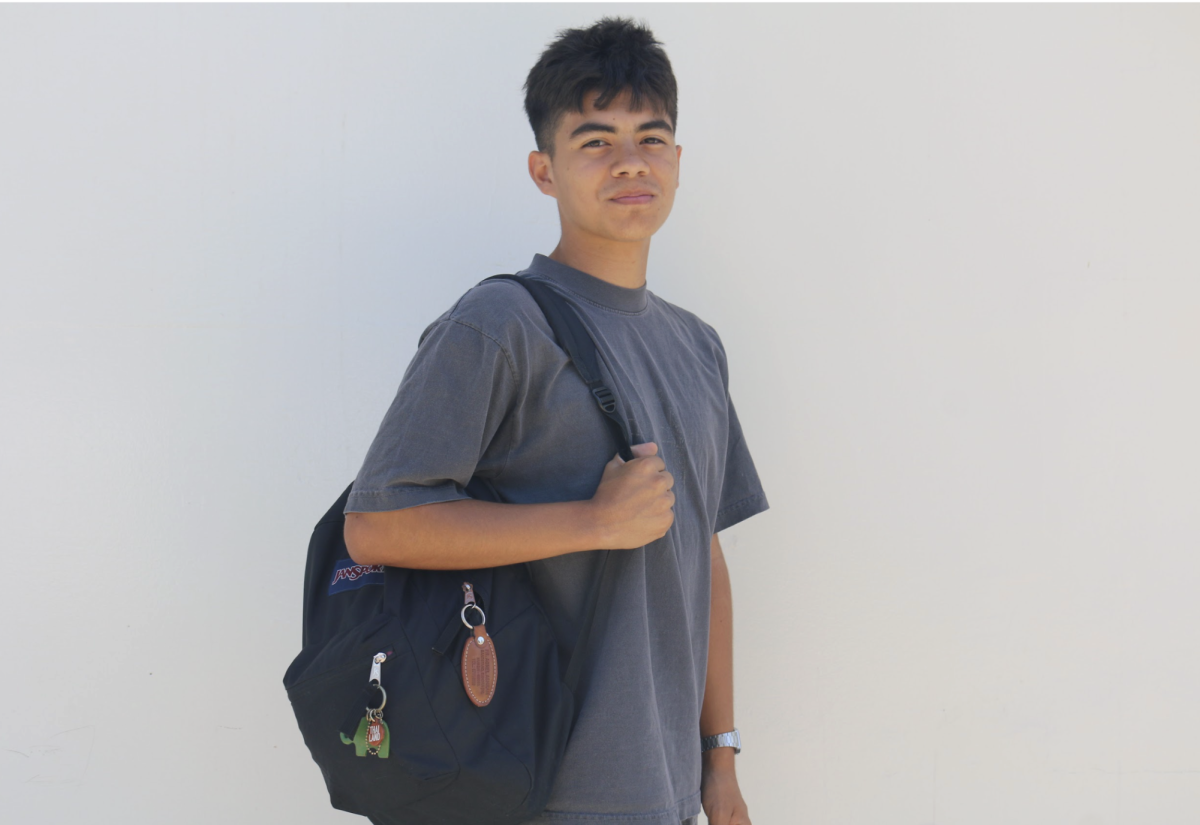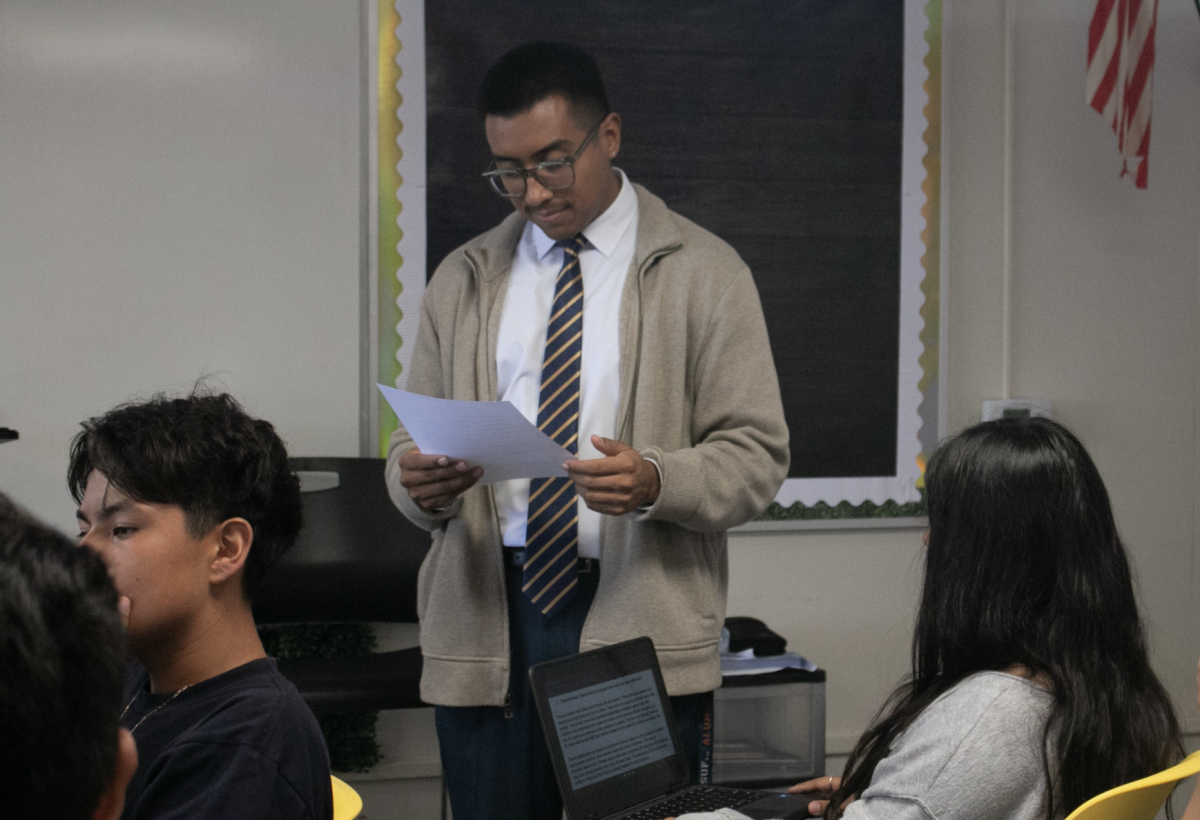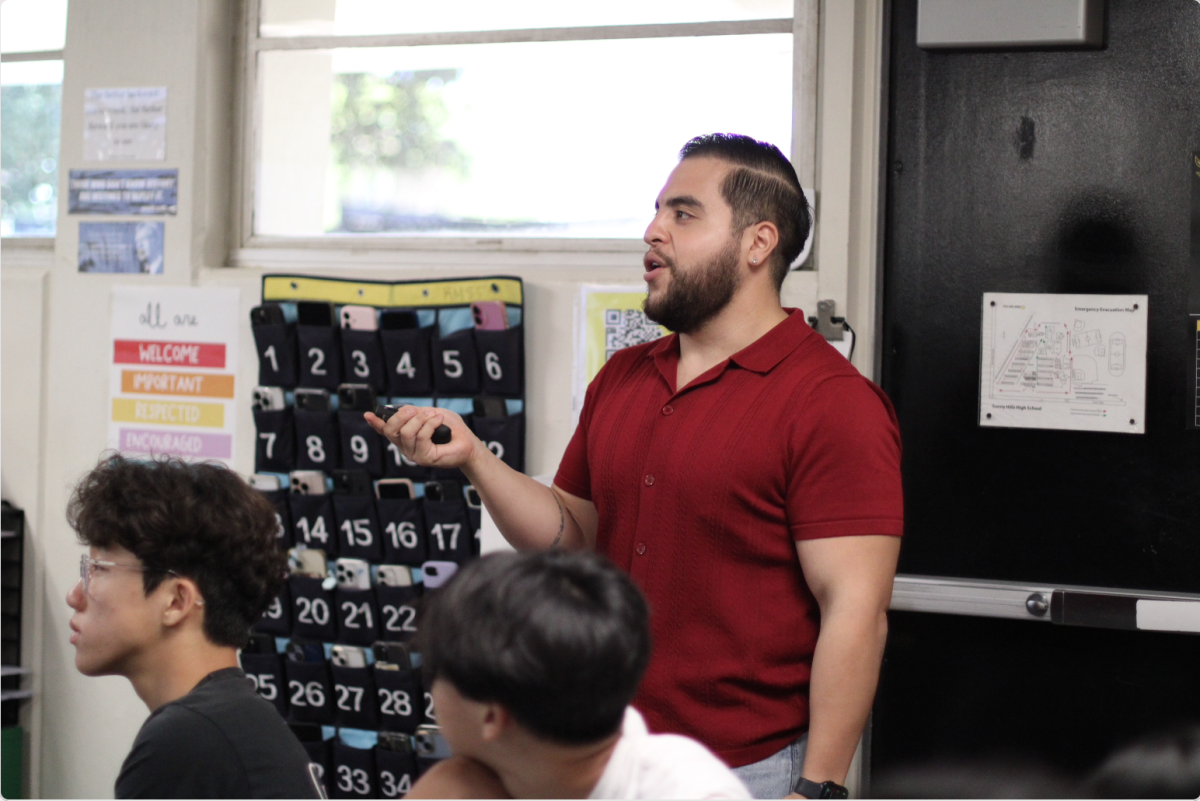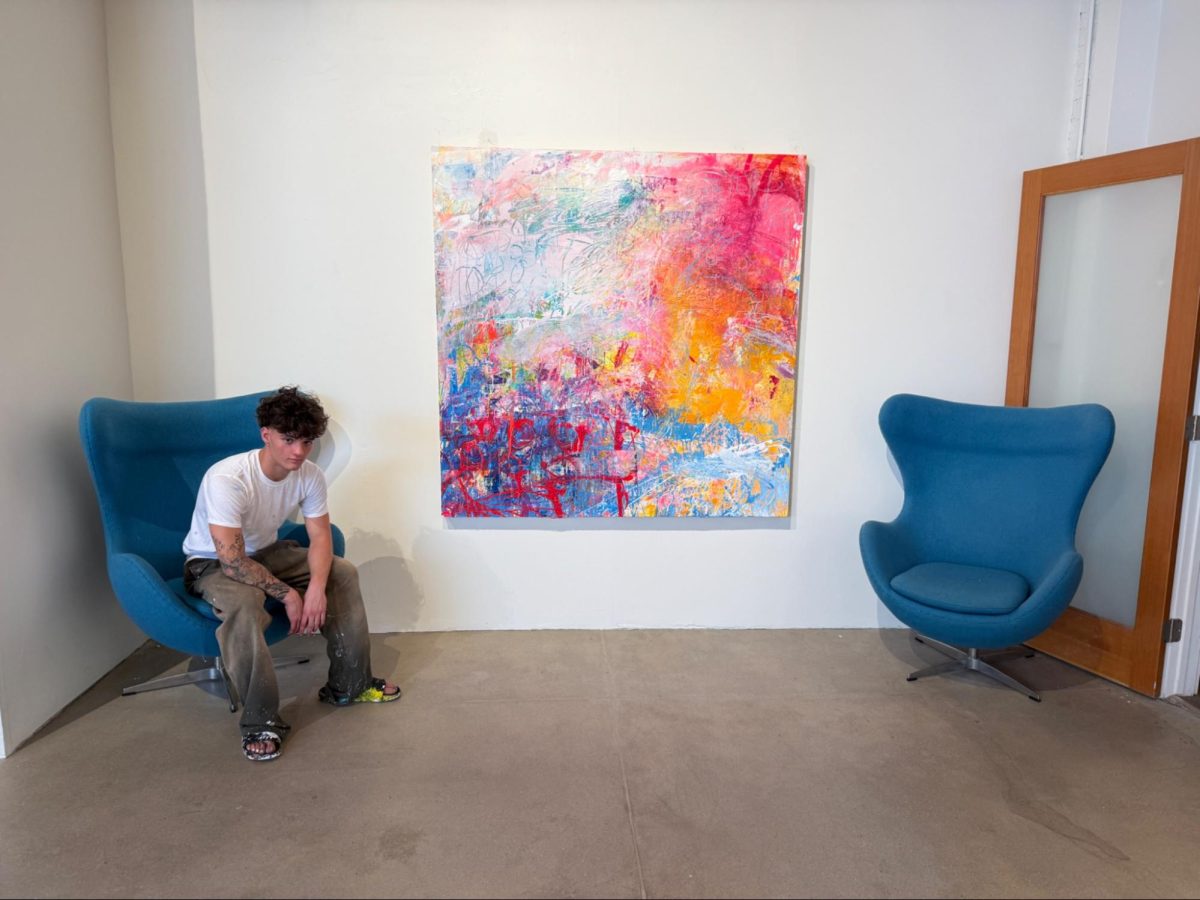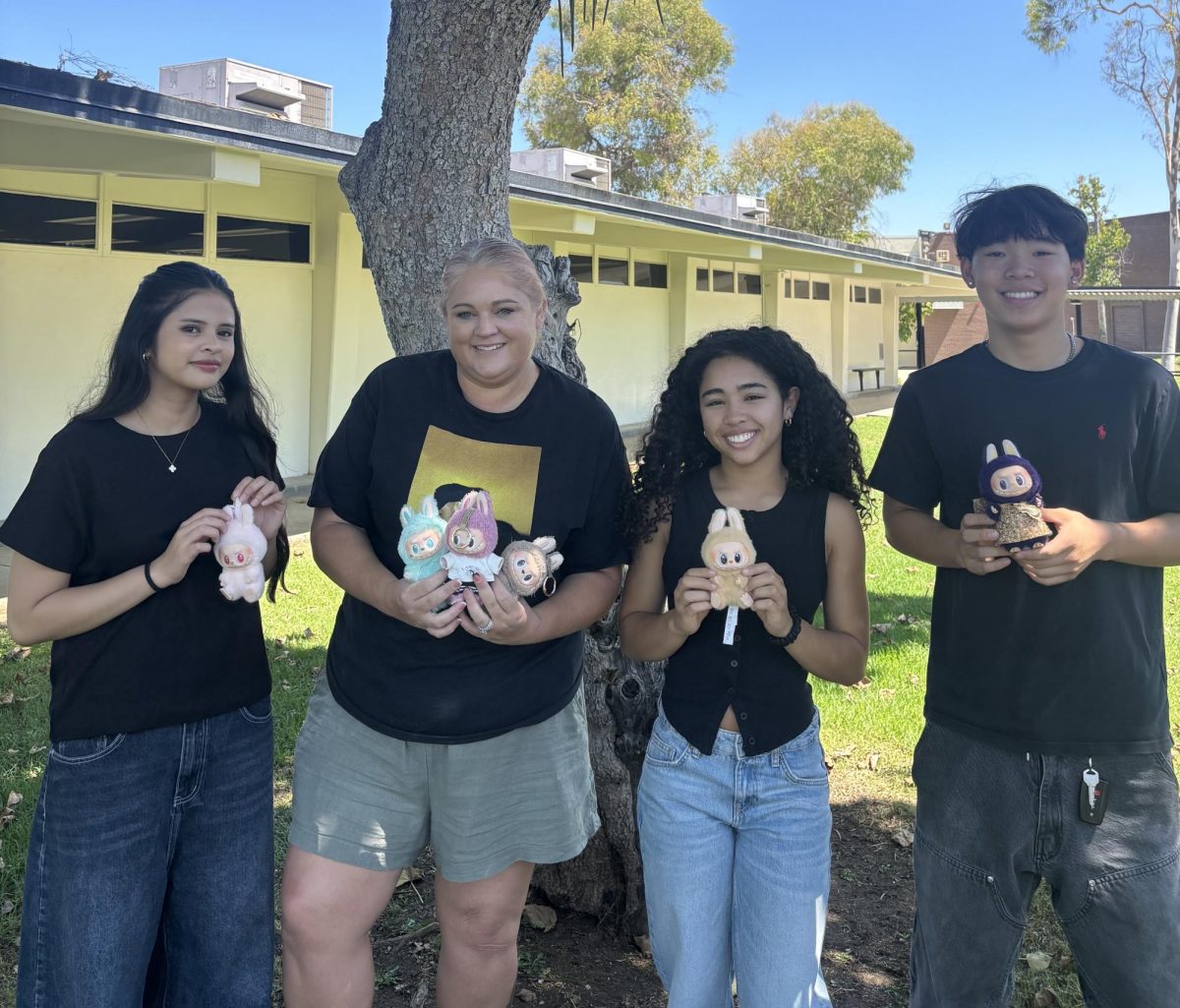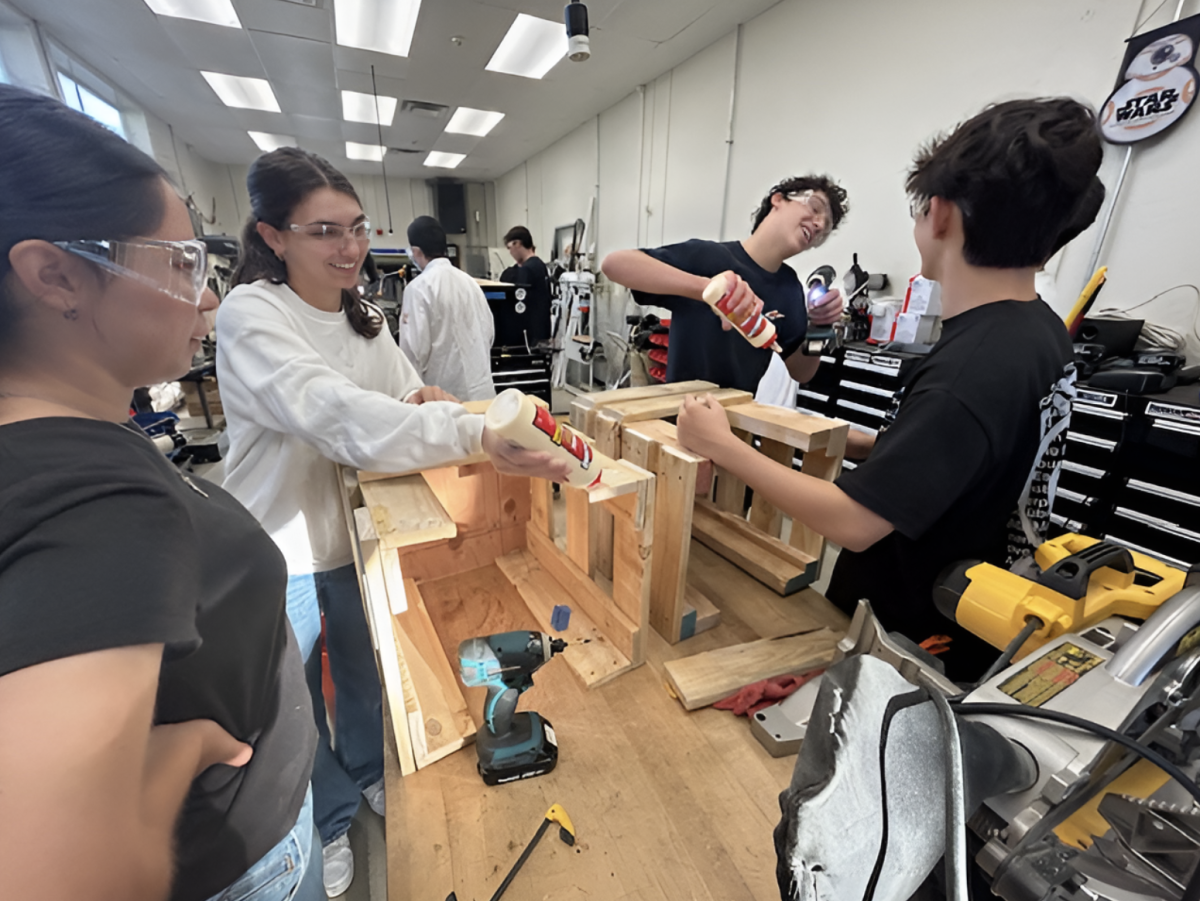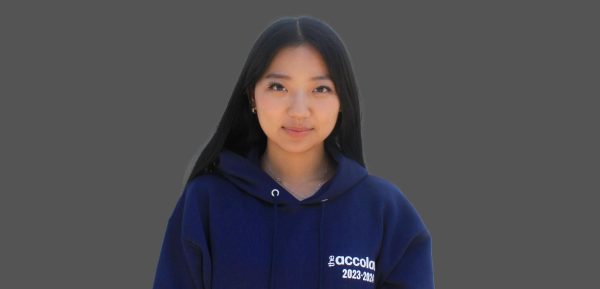Question 1: How do you feel as one of the 18 valedictorians?
Answer: I feel simultaneously honored and somewhat tired. I’ve spent the past four years working toward this title, and now that I have achieved it, I feel accomplished — but also tired.
Question 2: What are your plans after high school?
A: I am going to attend Princeton University as a mathematics major.
Question 3: What are your career aspirations, and what influenced you to pursue them?
A: I don’t really have any career aspirations at this time. Whatever my future career ends up being, it will certainly be something in the STEM [science, technology, engineering and math] field, though. I have always been fascinated by most, if not all, STEM subjects, hence my looking forward to working in a STEM field.
Question 4: How did you handle stress and manage your time effectively?
A: Friends and hobbies helped me maintain what little sanity I have left. Origami is a cathartic activity for me, and spending downtime with friends temporarily frees me from the stresses of responsibilities.
Question 5: What extracurricular activities or leadership roles were you involved in?
A: I was the founder and president of the CyberPatriot Club, a co-founder and co-president of the Origami Club, a member of Science Olympiad, a swimmer for one year and a dancer.
Question 6: What was the class that threatened your valedictorian status?
A: Definitely AP Physics, more so AP Physics 1. Don’t get me wrong, both levels 1 and 2 jeopardized my eligibility, but with ExpertTA and its lack of partial credit during the pandemic, I almost lost it.
Question 7: Did you encounter any academic failures or setbacks, and how did you bounce back from them?
A: I don’t think I have actually had any major academic failures, to be honest. Please use someone else’s response for this question.
Question 8: Were there any teachers or mentors who played a significant role in shaping your academic journey? If so, how?
A: Ms. [Beth] Thomson was a major help throughout my academic journey these past four years. I would go to her office in Room 5 whenever I had questions about something, and Ms. Thomson always had something helpful to say. I also was able to connect with her on a deeper level, and I felt safe and comfortable with her. I always knew that there was an adult on campus whom I could trust because of her.
Question 9: How did you navigate the college application process, and what advice do you have for other students going through it?
A: Master documents and spreadsheets. I made a master document where I wrote all of my college application essays — Common App and UC App alike — and I made a spreadsheet to keep track of which colleges I was applying to, each application’s deadline and the costs of attending those colleges. I highly recommend having a list or document of some sort where you keep all of the important information, links and deadlines in one place. Staying organized during such a chaotic period of time is essential in ensuring you get everything necessary completed on time.
Question 10: Whether it be school-affiliated or not, were there any specific projects or assignments that you feel were particularly impactful or rewarding?
A: I think some other valedictorians would have better responses to this question.
Question 11: Did you have any specific study habits or routines that helped you excel?
A: Rewriting or retyping notes in a more organized and concise manner than in the original notes. This helped me retain information and pick and choose what was important enough for me to include in my notes. Additionally, studying with friends and explaining concepts to them that they may not understand and listening to them explain concepts you may not understand really allows you to solidify what you know and determine what fundamental topics you need to review.
Question 12: What are some of your most memorable experiences or highlights from your high school years?
A: Playing games on the computer until the bewitching hours of the night during the height of COVID, getting to eat samosas at IFF [International Food Fair], performing in the dance concerts the past few years and all the senior activities.
Question 13: Where do you see yourself in 10 years?
A: I honestly do not know. I hope to find myself in a financially stable job after earning a degree from grad school. One thing for certain is that I aim to return to California after Princeton and wherever I go for grad school.
Question 14: What will you miss most after you graduate?
A: I will miss my family and friends. I am moving across the country after this, and I will miss seeing the same people every day and going to hang out with them after school.
Question 15: Were there any challenges posed by remote or hybrid learning during the COVID-19 pandemic? How did you overcome these challenges?
A: I am a social person; while I do enjoy my alone time every now and then, I love spending time with my friends. When COVID-19 essentially took the social aspect of high school away, I found myself lacking motivation to get up in the morning to join Zoom meetings for class. However, I eventually grew accustomed to the solitude and grew to appreciate the extra time I got for introspection and other activities I hadn’t had time to do otherwise, such as working on my ukulele skills or refining my origami skills.
Question 16: What lessons did you learn from failure or setbacks during your high school years?
A: Being rejected from a certain program or opportunity you applied for does not mean you are worth any less than those who were accepted. I was rejected from the National Honors Society, and I felt disappointed in myself as a result. However, I pushed past that and realized I should focus on what experiences I already have and what I am already a part of to strengthen my abilities and my academic background.
Question 17: What was the most useful advice you have received from someone about high school?
A: Jump on every opportunity that you can get. Experiences are the most valuable things you can get from high school and any form of higher education. Knowledge may be power, but experience is supreme.
Question 18: As a valedictorian, what last message do you have to the underclassmen?
A: I would like to pass on a message that a friend of mine who graduated last year once told me: “Just remember it’s okay to ask for help, and it’s okay to fail your own standards. So long as you’re not dead, you’ll get another chance.” While it is important to push yourself and push the boundaries of what you can do, don’t overexert yourself to the point where you are miserable. I know that there are a number of overachievers at Sunny who will be graduating in the years after us, and I want to emphasize that to you guys. Success is rewarding, but being able to enjoy your success is infinitely more cathartic. I wish you all the best and want to thank you all for a memorable one, two, three years with us seniors!



